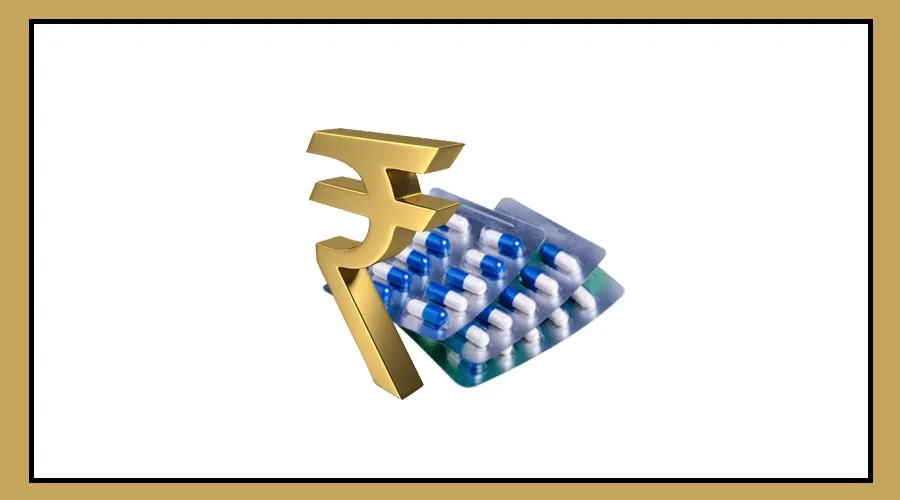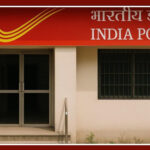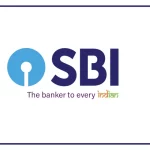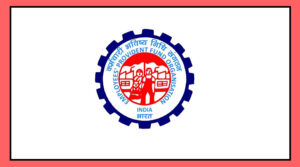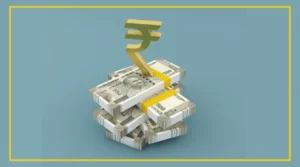The National Pharmaceutical Pricing Authority (NPPA) has approved a 50% price hike for 11 formulations of eight medicines.
This decision, made under Para 19 of the Drugs (Price Control) Order, 2013, aims to ensure that essential medicines remain available to meet public health needs.
The Ministry of Health and Family Welfare explained that the price adjustment will help maintain access to critical medicines at reasonable rates, as pharmaceutical companies have been requesting this increase for some time.
Rising Costs of Medicine Production
Pharmaceutical companies argue that the cost of manufacturing medicines has significantly increased, driven by the rising prices of many key ingredients.
As a result, the prices of medicines used to treat conditions such as asthma, glaucoma, thalassemia, tuberculosis, and mental health issues will see an increase.
Medicines Affected by the Price Increase
The price hikes will affect medicines including:
1) Benzyl penicillin 10 lakh IU injection
2) Atropine injection 0.6 mg/ml
3) Streptomycin powder for injection (750 mg and 1000 mg)
4) Salbutamol tablets (2 mg and 4 mg) and respirator solution (5 mg/ml)
5) Pilocarpine 2% drops
6) Cefadroxil tablet 500 mg
7) Desferrioxamine 500 mg for injection
8) Lithium tablet 300 mg
This is not the first time prices have increased; in 2019 and 2021, similar 50% price hikes were approved for essential medicines.
Essential Medicines and Price Control
Essential medicines are those considered crucial for the majority of the population.
The government regulates the prices of these drugs, allowing companies to raise them by only 10% per year. The list of essential medicines also includes anti-cancer drugs.
Previous Increases in Medicine Prices
From April 1, prices for 800 medicines, including painkillers, antibiotics, and anti-infection drugs, have increased.
Last year, the prices of medicines under the National List of Essential Medicines (NLEM) rose by a record 12%, with a 10% annual increase in both 2022 and 2023.


